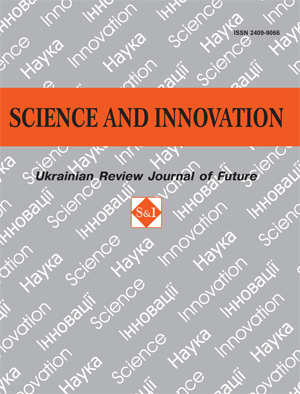Creating Conditions for Managing the Processes of Self-Organization of Ukrainian SocioEconomic Systems in the Decentralization Environment
DOI:
https://doi.org/10.15407/scine11.05.066Keywords:
decentralization, innovative clusters, self-organization, socioeconomic organismAbstract
A concept for «meta-anthropological governance» of synchronous interaction of emergence, development, and functioning of socioeconomic organisms by the human being with philosophical worldview has been introduced. The economic, educational, organizational, and communication aspects of government as conditions for self-organization of community’s social environment have been discussed. A priority action plan for the community has been presented. Objectives and tasks have been formulated to develop and to implement the communication polylogue methodology for decision-making by the community and educational programs for fostering an archеtype philosophical worldview and stimulating the display of temporally hidden meta-anthropological capabilities of Ukrainians.
References
A Strategy for smart, sustainable and inclusive growth. Communication from the Commission EUROPE 2020, COM (2010), Brussel, 3.3.2010.
Guide to research and Innovation Strategies for Smart Specialisations (RIS 3) European Commission, DG Regional Policy, March 2012.
Philosophical Anthropology: dictionary. Khamitov N., Krylovа S., Rozovа T. Ed. N. Khamitov. Kyiv: КНТ, 2014 [in Russian].
Downloads
Published
How to Cite
Issue
Section
License
Copyright (c) 2024 Copyright Notice Authors published in the journal “Science and Innovation” agree to the following conditions: Authors retain copyright and grant the journal the right of first publication. Authors may enter into separate, additional contractual agreements for non-exclusive distribution of the version of their work (article) published in the journal “Science and Innovation” (for example, place it in an institutional repository or publish in their book), while confirming its initial publication in the journal “Science and innovation.” Authors are allowed to place their work on the Internet (for example, in institutional repositories or on their website).

This work is licensed under a Creative Commons Attribution-NonCommercial 4.0 International License.


